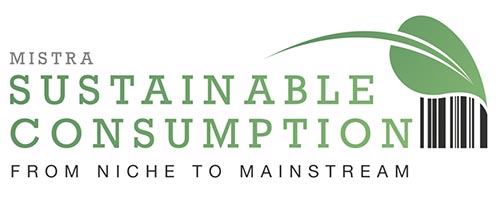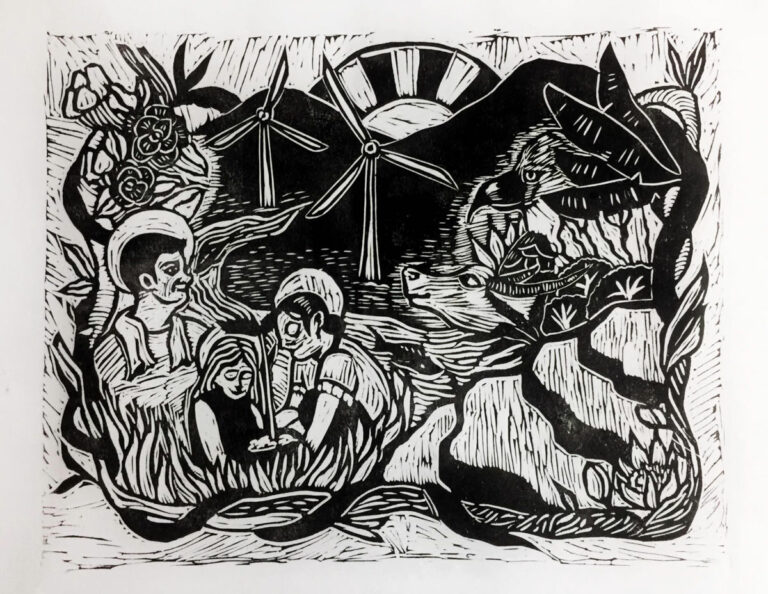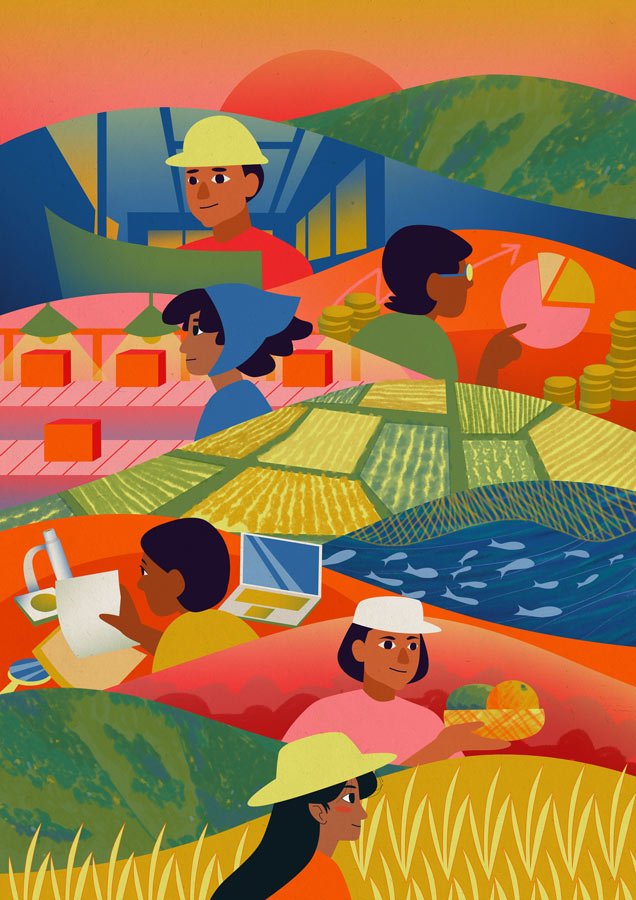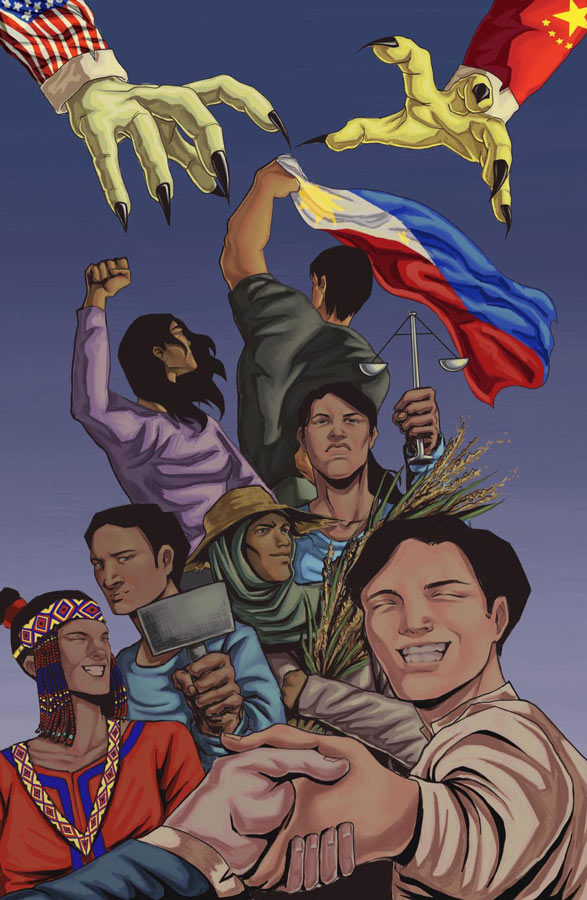Vision 2030
IBON Foundation, Philippines

This work envisions the protection of the environment.”
Eunice Polig, Artist
The Vision
Imagine a country where…
Everyone who wants a job has a work.
Farmers have lans and the means to make it productive.
Workers are paid decent wages and get all their benefits.
Schools and hospitals are free and accessible.
Everyone lives in comfortable, affordable homes.
Everyone enjoys public water, electricity and transport.
Commuting is easy, internet fast and free.
The air is clean, waters clear and the countryside lush and green.
Communities care for one another.
Now, imagine that country is the Philippines.
Top Left to Right:
Envisioning Developing Agriculture. Artist: Ramsden Hugo. Digital Art.
Envisioning Building Local. Artist: Kaye Pancho Golez. Digital Art.
Envisioning People’s Rights and Welfare. Artist: Mikhail Collado of ARPAK. Material used: Pen and Ink.
Bottom Left to Right:
Envisioning Funding Development. Artist: Gaia Mauricio of Panday Sining Coloured pentels.
Envisioning Economic Sovereignty. Artist: Carhrihl S. Aguilar. Digital Art.
Top to Bottom:
Envisioning Developing Agriculture. Artist: Ramsden Hugo. Digital Art.
Envisioning Building Local. Artist: Kaye Pancho Golez. Digital Art.
Envisioning People’s Rights and Welfare. Artist: Mikhail Collado of ARPAK. Material used: Pen and Ink.
Envisioning Funding Development. Artist: Gaia Mauricio of Panday Sining Coloured pentels.
Envisioning Economic Sovereignty. Artist: Carhrihl S. Aguilar. Digital Art.
About IBON
IBON is a research-education-information development institution. It undertakes the study of socioeconomic issues that confront Philippine society and the world today. It explores alternatives and promotes a new understanding of socio-economic issues that best serve the interests and aspirations of the Filipino people. Since 1978, IBON has fully developed into an institution that provides research, education, publications, information work, and advocacy support.
2023 Campaign
IBON Foundation worked to strengthen consumer’s rights to water and food by gathering together 40-50 organisations, institutinos, government officials, religious groups, environmentalists, transport workers and women and youth to discuss these topics. They identified policy recommendations to guide lobbying and arrived at points of collaboration where several of these groups can work together to advocate for change. A key outcome was the gaining of new allies and a stronger network.






